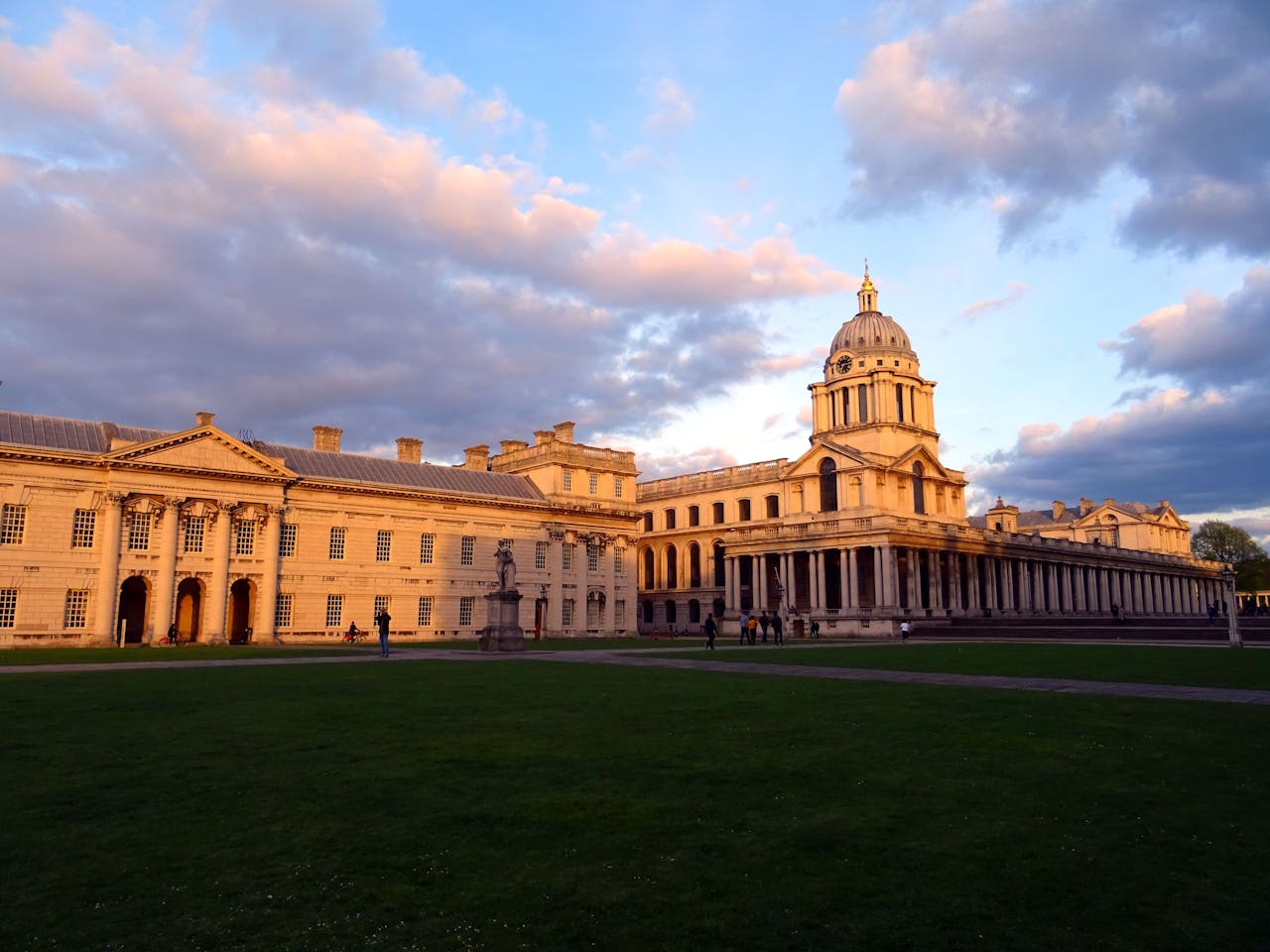The UK is a top choice for higher education, attracting international students with its excellent institutions, recognized degrees, and good job opportunities. For Indian students, studying at top universities in UK offers not only academic excellence but also access to global networks and opportunities in competitive industries. However, students need to understand the admission process, requirements, costs, and career benefits before applying.
This blog explains everything you need to know about applying to the top universities in the UK, helping you prepare to secure a place.
Why Choose the UK for Higher Education?
Studying at UK’s top-ranked universities offers several benefits:
- Global Reputation: Universities like Oxford, Cambridge, Imperial College London, and LSE are often ranked among the world’s best.
- Shorter Duration: Most master’s programs last only one year, which saves time and tuition compared to programs in the US.
- Cultural Diversity: The UK attracts over 600,000 international students annually, fostering a multicultural learning environment.
- Career Advantage: Being close to London, a central financial and business hub, makes the UK an attractive destination for global recruiters.
Admission Requirements for Top Universities in UK
Academic Background
- Undergraduate Programs: Require completion of Class 12 with strong academic performance (usually 75%+ for highly ranked universities).
- Postgraduate Programs: A relevant bachelor’s degree with at least a 2:1 UK equivalent (around 60–65% or above in India).
English Language Proficiency
Most universities accept:
- IELTS: Overall 6.5–7.5
- TOEFL iBT: 90–100+
- PTE Academic: 62+
Some universities may waive the test if the previous education was in English.
Standardized Tests:
- GMAT/GRE: Required for competitive courses such as MBA, Economics, or Finance at universities like LSE, Oxford, and Warwick.
- UCAT/BMAT: Required for medicine-related courses at the undergraduate level.
Application Materials:
Applicants usually need:
- Academic transcripts
- Statement of Purpose (SOP)
- Letters of Recommendation (LORs)
- Resume (for postgraduate programs)
- Portfolio (for creative programs like architecture, design, or fine arts)
Application Process Step by Step
Step 1 – Research and Shortlist
Identify universities and courses that match your academic and career goals.
Step 2 – Prepare Documents
Gather transcripts, SOPs, LORs, and test scores well ahead of time.
Step 3 – Apply via UCAS (for Undergraduate)
UCAS allows you to apply to up to five universities with a single application.
Step 4 – Direct Application (for Postgraduate)
Most postgraduate applications go directly to the university through their online portal.
Step 5 – Interviews
Some programs, especially at Oxford and Cambridge, include an interview round.
Step 6 – Receive Offer Letter
This letter can be conditional (pending final results) or unconditional.
Step 7 – Apply for a Visa
After accepting an offer and arranging finances, apply for a UK student visa (Tier 4).
Cost of Studying at Top Universities in UK
The cost depends on the course and institution –
- Undergraduate Programs: £12,000–£25,000 per year
- Postgraduate Programs: £15,000–£35,000 per year
- MBA Programs: £30,000–£60,000 per year
Additionally, students should budget approximately £10,000 to £15,000 per year for living expenses, depending on the city. London is more costly than cities like Manchester, Leeds, or Birmingham.
Tip: One-year master’s programs in the UK tend to have lower overall costs compared to two-year programs in other countries.
Scholarships for International Students
Studying at top universities in UK can be costly, but several scholarships can help alleviate financial stress:
- Chevening Scholarships: Prestigious UK government scholarships for outstanding students.
- Commonwealth Scholarships: For students from Commonwealth countries like India.
- Rhodes Scholarship: Available to exceptional students applying to the University of Oxford.
- GREAT Scholarships: Jointly funded by the UK government and universities.
- University-specific Awards: Many universities, such as UCL, King’s College London, and Edinburgh, offer merit-based scholarships.
Applying early and submitting strong academic and professional records improves chances of receiving these scholarships.
Career Prospects after Graduating from the UK
Graduates from top universities in UK have excellent job prospects worldwide. The Graduate Route Visa enables international students to work in the UK for up to two years after completing their degree.
Popular career paths include:
- Consulting and Finance: Employers like Deloitte, PwC, HSBC, and Barclays actively recruit from UK universities.
- Technology and Innovation: With London as a tech hub, roles in AI, fintech, and data analytics are expanding.
- Healthcare and Life Sciences: Universities like Oxford and Cambridge have strong connections with research institutes and pharmaceutical companies.
- Entrepreneurship: The UK’s startup scene offers opportunities for graduates interested in starting their own businesses.
- Average salaries for UK graduates range from £30,000 to £50,000 at entry level, with top MBA and master’s graduates earning over £70,000.
Conclusion
Applying to the top universities in UK involves careful planning, from meeting admission requirements to preparing solid applications. While costs can be heavy, scholarships and shorter program durations make studying in the UK a wise investment. Beyond academics, the UK offers unparalleled career opportunities, global exposure, and access to influential alum networks.
For ambitious students looking to build international careers, the UK is one of the most rewarding destinations for higher education.
